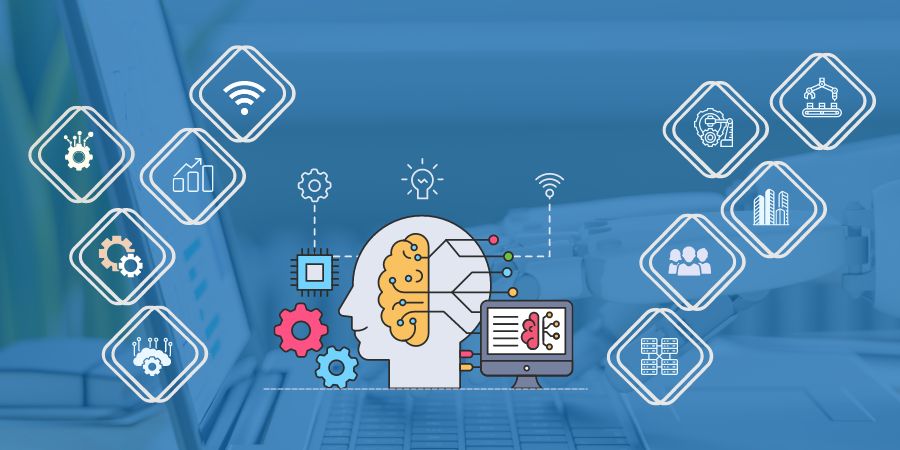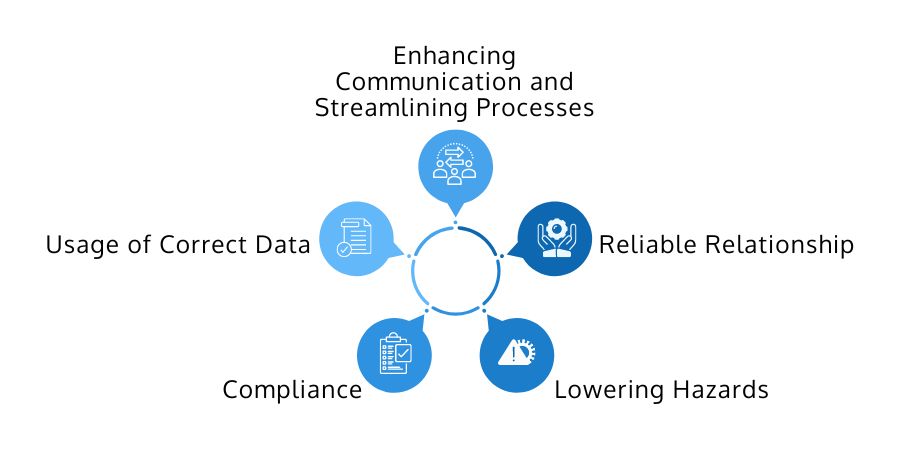
In software development, there are always new tools and processes to explore. With so many options, knowing which will work best for your company can take time. In this blog post, we will examine the benefits of MLOps. We’ll also see how to use this approach to get the most out of your software development process.
What is MLOps?
MLOps (Machine Learning Operations) is a set of practices that combine machine learning and software engineering to help organizations manage the product lifecycle of machine learning models.
MLOps aims to improve the quality and speed of machine learning model development while reducing the risk of deploying models into production.
MLOps practitioners use various tools and techniques to automate machine learning models' building, testing and deploying. These tools can help increase the reproducibility and reliability of machine learning pipelines while reducing the time it takes to get new models into production.
Key Points of MLOps
There are a few key points of MLOps that are worth noting:
- MLOps focuses on automating the entire machine learning lifecycle. MLOps encompasses more than just code deployment and includes data pre-processing, model training, and model deployment.
- MLOps is used by data science and machine learning teams. Machine learning applications are generally more complex than traditional software applications, requiring more specialized tools and processes.
- MLOps aim to improve efficiency and quality; they do so in different ways by enhancing the quality of results produced by machine learning models.

Benefits of MLOps
The term "machine learning operations," or MLOps, refers to the process of developing, implementing, and maintaining machine learning models. This interdisciplinary field includes DevOps, data engineering, and machine learning, focusing on developing efficient means for machine learning techniques. In this guide, let's engage in a thorough discussion of the benefits it dispenses:
- Enhancing Communication and Streamlining Processes: MLOps, defined in a well-structured style, adhere to a set of techniques to smoothly integrate the production schedule and operational processes to increase efficiency. The operations team is well-skilled in business acumen, while the data science team has comprehensive knowledge of data. In this situation, MLOps fuels the effectiveness of machine learning (ML) models and the knowledge of both teams.
- Usage of Correct Data: MLOps relies on big data to figure out how to manage efficient business operations. A major advantage of MLOps is its ability to provide rich feedback that assists in identifying data noise and anomalies that need to be addressed.
- Compliance: MLOps keep the IT team up with trends using best practices and changing regulatory alliances. Even if the resulting models and machine learning pipelines vary, MLOps may renew models following demand and compliance while ensuring that the current systems continue to operate as intended. For instance, a data specialist team could focus on developing and utilizing models while accepting that the operations team has control over regulatory processes.
- Lowering Hazards: Businesses constantly face the risk of eroding or losing the trust of their
clients, failing to reach their target audience, etc., due to imprecise and misleading models. For instance,
training data and the available real-world data are different because they are driven by models and are less
reliable. This difference leads to poor prediction-making and results in a loss, and here MLOps can help reduce
risk in business.
The performance of machine learning models can be challenging to formulate, and here MLOps aims to implement and achieve the full machine learning model life cycle across the organization, including lowering technical debt, spotting potential risks early, and quickly resolving model performance issues so that products can be released to the market.
- Reliable Relationship: MLOps establish a trustworthy relationship to regulate machine learning processes in dynamic contexts and create a reproducible process through automation, testing, and validation. It also improves the accuracy and productivity of machine learning models.
Conclusion
If you're wondering how to benefit your company, then go for MLOps, as it can be a more powerful and effective tool for companies looking to improve their software development and deployment processes. MLOps acts as a ladder between gathering data and extracting actionable insights to add business value. The effective integration of DevOps and data science enables managers and employees to become more flexible and productive.
For a large organization with a complex development process, MLOps may be the better solution as it is designed to handle complex data pipelines and workflows, so it can scale more easily to meet the organization's needs.

 Batoi Corporate Office
Batoi Corporate Office